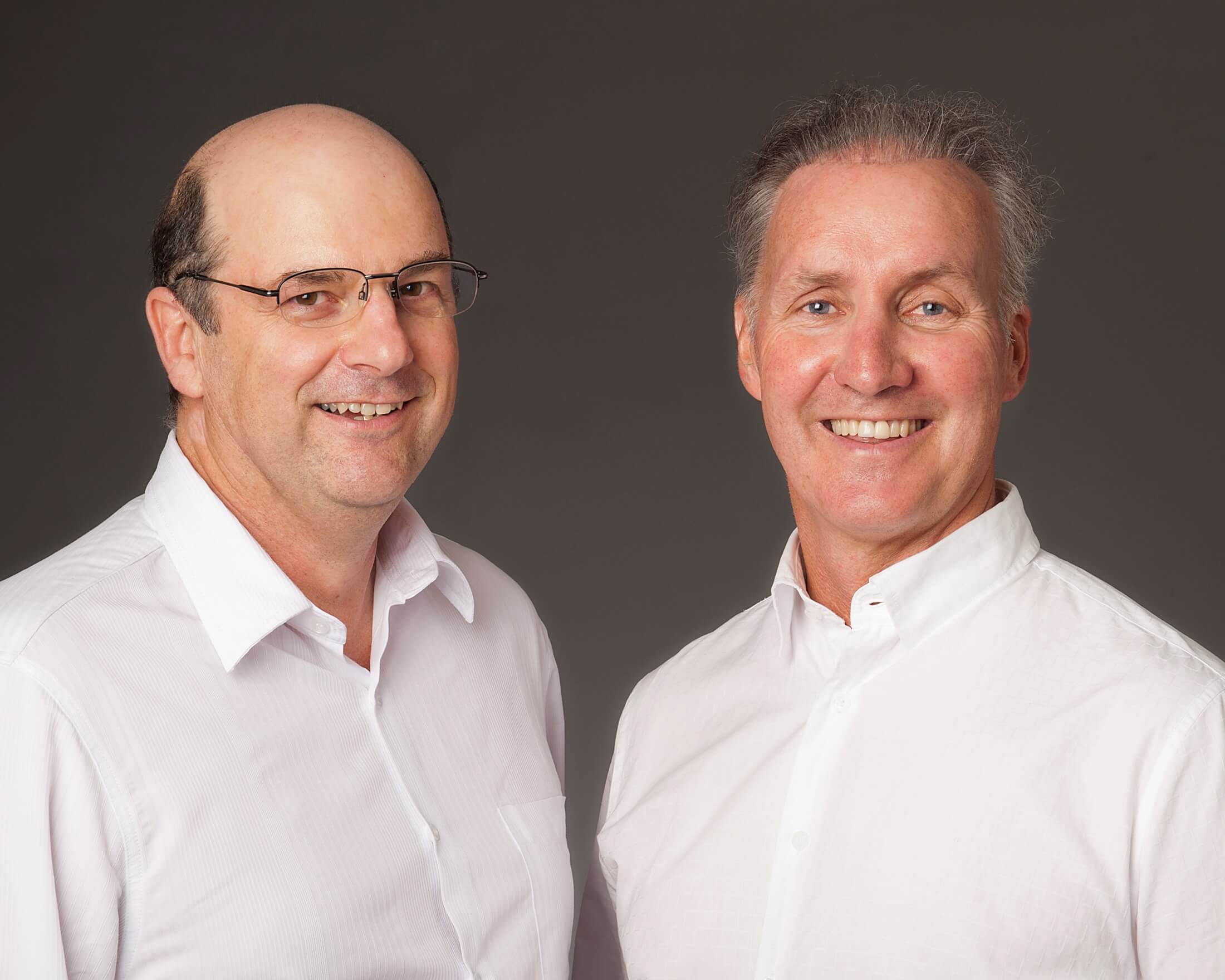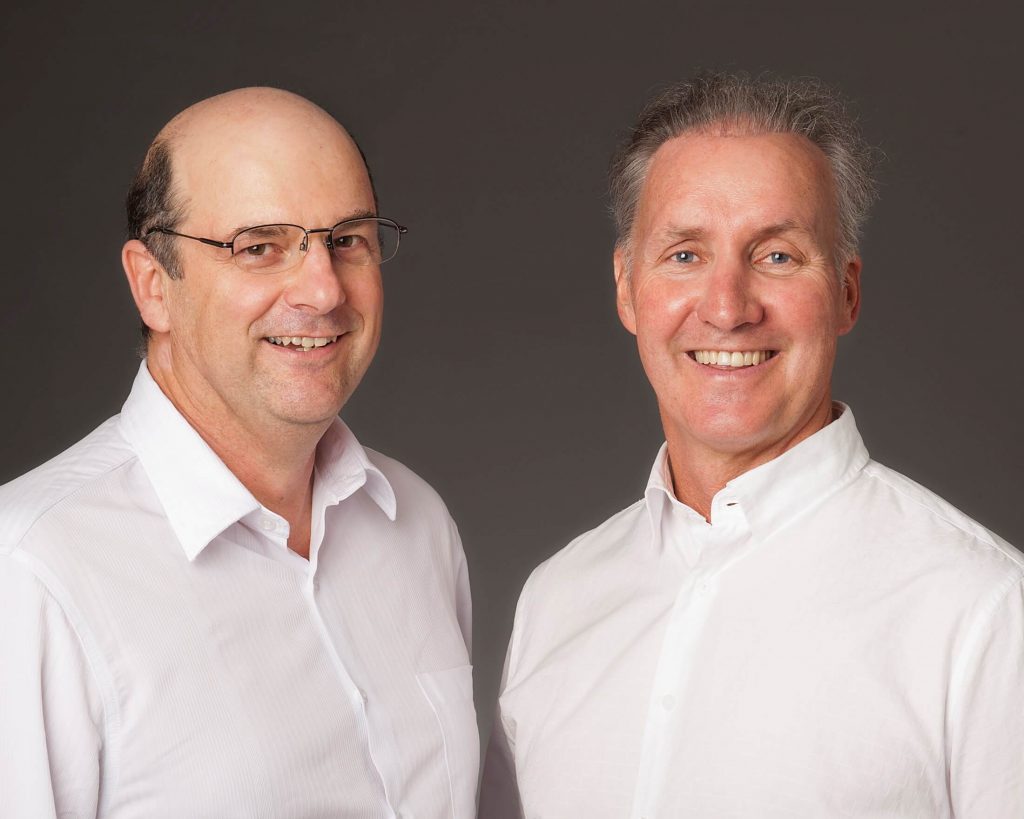My Journey with Brain-Fuel Depletion: Collaboration with Clyde and a New Understanding of Mental Health

My Journey with Brain-Fuel Depletion: Collaboration with Clyde and a New Understanding of Mental Health
Key Takeaways:
- Innovative Model: The Brain-Fuel Depletion model, co-developed with Clyde Jumeaux, offers a fresh perspective on mental health, focusing on brain-fuel levels rather than conventional depression models.
- Observation-Based: Stemming from clinical observation, not just scientific literature, it provides a nuanced understanding of mental health challenges.
- Reframing Symptoms: It reframes depression and anxiety as results of brain-fuel depletion, offering predictive insights and practical treatment approaches.
- Empowerment and Hope: Adoption of this model brings clarity, empowerment, and hope to individuals, offering a comprehensive framework for understanding and managing mental health.
- Holistic Approach: Considers lifestyle and stress factors, advocating for a holistic approach to mental well-being.
- Redefining Narratives: Moves beyond stigma-laden labels, promoting a more empathetic and less judgmental understanding of mental health.
- Personal and Clinical Impact: Represents both a clinical advancement and a personal journey of discovery and hope, reshaping mental health narratives.
- Importance of Innovation: Highlights the significance of innovative thinking and empathetic observation in addressing mental health challenges.
I’ve travelled an enlightening path in understanding and addressing mental health, particularly through the innovative lens of the Brain-Fuel Depletion model. This journey, significantly marked by my collaboration with Clyde Jumeaux, a veteran in the field with over two decades of clinical experience, has reshaped not just my perspective but potentially the approach to mental health challenges.
When I first met Clyde, I was looking for answers after my battle with mental health, and I had a lot of questions. Questions about why people might or might not get depressed, about why I was diagnosed with depression despite never feeling sad. Questions about symptoms, causes, cures, and medical knowledge.
Clyde sat through my questions and gave answers that only an extremely patient, competent and knowledgeable medical practitioner could give. He had the answers I was looking for; as he laid out the foundations for the Brain-Fuel Depletion model.
Clyde’s Brain-Fuel Depletion model is a result of an extensive integration of neuroscientific research and practical clinical observations. It moves away from the traditional depression model, proposing instead that what we often label as depression could be more accurately described as a depletion of brain-fuels or neurotransmitters. This model, unique and untraditional, wasn’t found in standard scientific literature but stemmed from Clyde’s dedicated observation and care for his patients.
Initially, the conventional depression model, which focused on symptoms like prolonged sadness or loss of interest, was the go-to explanation. But, as Clyde observed, this didn’t fit all cases. Some patients showed symptoms that didn’t align neatly with the criteria of major depression as per the American Psychiatric Association’s DSM-IV. This observation led to the exploration of alternative models, eventually culminating in the Brain-Fuel Depletion hypothesis.
The Brain-Fuel Depletion model offers a different narrative. It suggests that symptoms like depression and anxiety are results of the depletion of brain-fuels rather than the cause. This model significantly improved patient acceptance and compliance, as it logically explained their experiences and the effects of medication and other treatment strategies. Most importantly, it offered a path forward.
One fascinating aspect of the model is its predictive ability. It could anticipate symptoms as brain-fuels became depleted and also forecast improvement when these levels were replenished. This predictive quality gave it a practical edge in clinical settings.
My collaboration with Clyde was a turning point. His approach resonated with my own experiences and struggles with mental health. The Brain-Fuel Depletion model not only offered clarity but also a sense of hope and empowerment. It provided a logical framework that could explain a wide range of symptoms and their alleviation.
We delved deeper into this model, understanding how various factors, including lifestyle and stress, could contribute to the depletion of brain-fuels. We explored how this depletion could manifest in various symptoms, often misinterpreted or misdiagnosed as classic depression.
Our work together highlighted the importance of a model that moved beyond stigma-laden labels like depression, offering a more comprehensive and less judgmental understanding of mental health challenges. We envisioned a model that could empower individuals by giving them a clearer understanding of their condition and a more hopeful outlook on treatment and recovery.
This journey with Clyde and the development of the Brain-Fuel Depletion model is more than just a clinical advancement; it’s a personal story of discovery, understanding, and hope. It’s about redefining mental health narratives and offering new perspectives that align more closely with the complex, nuanced experiences of those battling mental health issues.
Our collaboration and the development of this model mark a significant step forward in the realm of mental health. It’s a testament to the power of innovative thinking, empathetic observation, and the relentless pursuit of a model that truly resonates with the lived experiences of individuals. As I continue to share this message, I hope it brings new insights and relief to many who are navigating the often challenging terrain of mental health.
FAQs:
- What is the Brain-Fuel Depletion model?
- It’s a new approach to mental health, reframing conditions like depression as symptoms of depleted brain-fuels rather than primary disorders.
- How does it differ from traditional models?
- Unlike traditional models, it focuses on replenishing brain-fuels rather than just treating symptoms, offering more comprehensive understanding and treatment.
- What impact does it have?
- It provides clarity and hope, offering practical treatment approaches and promoting empathy in understanding mental health challenges.
If you are feeling stressed, anxious or depressed there is help available. Visit https://checkpointorg.com/global/ for more information about support services near you.
Read more about Brain-Fuel Depletion, watch the documentary, get free chapters, or purchase the book.

